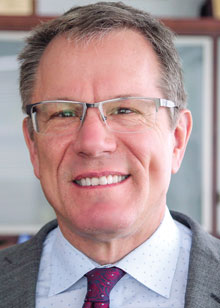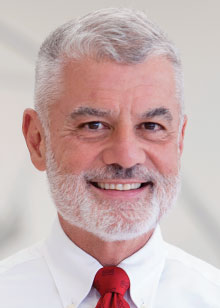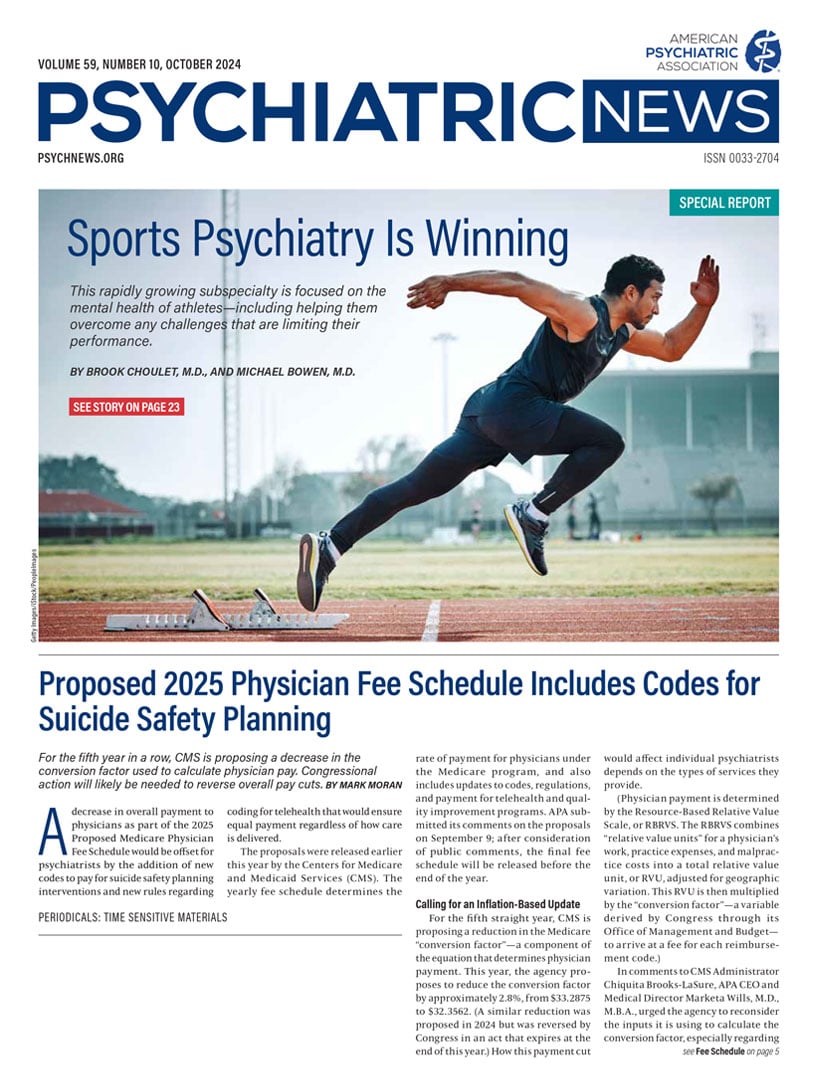The most common reason that physicians are reluctant to intervene when their patients have a substance use disorder (SUD) is a lack of institutional support, according to a
systematic review in
JAMA Network Open. Other common reasons include a lack of skill and a lack of knowledge.
“These data suggest that policy, regulatory, or accreditation changes are needed to systematically address institutional barriers, as well as increases to physician reimbursement and opportunities for clinically relevant training that provides both skill development and knowledge gain,” wrote Wilson Compton, M.D., M.P.E., deputy director of the National Institute on Drug Abuse (NIDA), and colleagues.
The researchers reviewed 283 studies published between January 1, 1960, and October 5, 2021, assessing or surveying physician reluctance to intervene for SUDs. Intervening was defined as screening patients, treating patients, offering harm reduction services, and/or offering recovery support.
The data included feedback from 66,732 physicians. The top four specialties were general practice/primary care, internal medicine, family medicine, and general psychiatry, while the top four countries represented were the United States, the United Kingdom, Canada, and Australia.
Overwhelmed and Understaffed
A lack of institutional support was cited as a reason in 81.2% of applicable studies (most studies did not report on every possible reason for reluctance). Common examples noted under the umbrella of institutional support included:
•
A lack of trained staff or resources to train staff
•
A lack of acceptance of SUD interventions by leadership
•
A lack of clinician backup
•
Regulatory and liability concerns
•
Recordkeeping or confidentiality concerns
•
Staff time required for prior authorizations
•
Cost to the patient or lack of insurance coverage
•
Medication unavailability at pharmacies
•
An absence of population-specific patient education materials
That a lack of institutional support appeared most frequently in the studies took Compton aback.“I thought it would have been finance or a lack of education or knowledge,” he told Psychiatric News. “But this recognizes what the physicians themselves have identified as barriers, within their own institutions.”
Compton added that at least some regulatory concerns may have abated since the researchers pulled the data together, because last year
Congress ended the X-waiver requirement for prescribing buprenorphine to treat opioid use disorder (OUD). Now all health professionals with a current Drug Enforcement Administration registration that includes Schedule III authority may prescribe buprenorphine for OUD if permitted by applicable state law.
A lack of skill was cited in 73.9% of applicable studies, a lack of cognitive capacity (i.e., feeling overwhelmed with clinical tasks and the need to prioritize competing patients’ needs) was cited in 73.5%, and a lack of knowledge was cited in 71.9%.
Taken together, the review’s results paint a picture of overwhelm among physicians, said APA Past President Petros Levounis, M.D., M.A., who was not involved in the research. In a 2018
paper in
Academic Psychiatry, Levounis posited that the avoidance of intervening in SUD in medical practices may stem not from underappreciation of the severity of the disease, but rather from a sense of over appreciation that may foster a sense of powerlessness in physicians.
Part of this apprehension may stem from a push by substance use treatment advocates to overcome marginalization and stigma and alert the medical community to the gravity of the disease.
“We overdid it,” said Levounis, professor and chair of psychiatry at Rutgers New Jersey Medical School. “We talked so much about how tough addiction is that now people are afraid to treat it. They feel they’re not equipped to do it or they don’t have the knowledge or skills to do it, so even though they appreciate [the importance of SUD treatment], they throw their hands up in the air.”
Making Treatment Approachable
Compton noted that studies examining physician perspectives on SUD and its treatment have increased in recent years—with more than 97% of the studies in the analysis published since 2000.
“It actually made our job of conducting a systemic review harder than we expected, as 283 studies is a lot to summarize in a single document,” he said.
Where there is interest in a topic, there may also be interest in solutions, and addiction psychiatrists are well-positioned to take the lead. “Addiction psychiatrists can make themselves readily available for the consultations that are such an important part of medical evaluation,” Compton said. “If I see a cardiac patient, I need to include a cardiologist. It’s the same thing.”
Compton added that informal consultations—discussions with colleagues in the hallway or over coffee—are also important. “That is an essential part of it—to be visible in a balanced way with [the responsibilities of] their own practice.”
Levounis said that addiction psychiatrists need to step up their efforts at educating colleagues in internal medicine and other specialties. “It’s time to take some responsibility for this ourselves,” he said. “We haven’t made it clear enough how straightforward diagnosis and treatment are. It’s not any more inconvenient than treating diabetes or hypertension or any other condition a patient has.”
Levounis added that addiction psychiatrists should be specific in their education efforts. “The most effective way to drive change is to familiarize people with buprenorphine, varenicline, naloxone, contingency management, motivational interviewing, and other safe, evidence-based options,” he said.
“Even when people do know about these things, they may not quite appreciate how effective they are. For example, with AA [Alcoholics Anonymous], many know about it, but somehow they do not fully appreciate how powerful it is.”
Addiction psychiatrists are also crucial to continuity of care, Compton said. “They can be very helpful in setting up referral networks,” he said. “One of the key gaps we see is that patients start medications in the emergency department but are not getting follow-up care. Addiction psychiatrists can make sure these patients have linkages and access to care in the community.”
The study was funded by NIDA and the National Institutes of Health. ■


